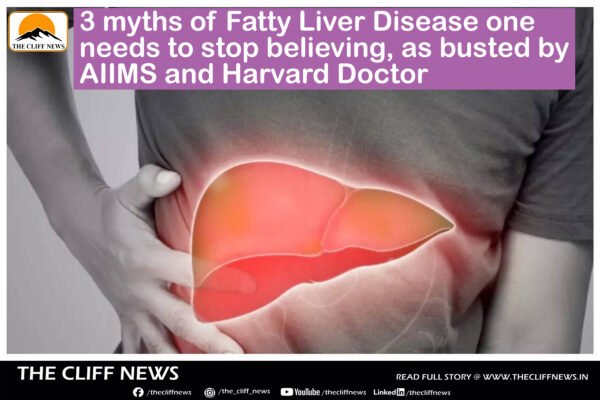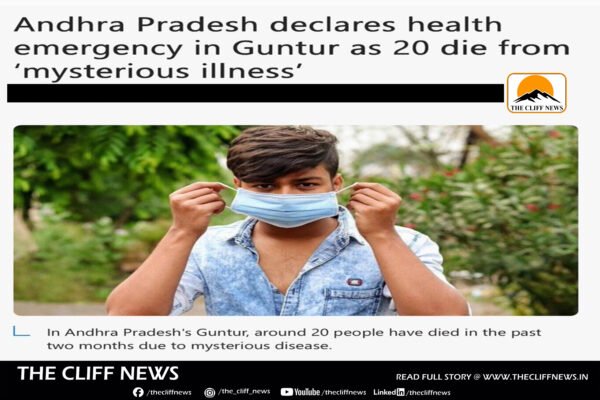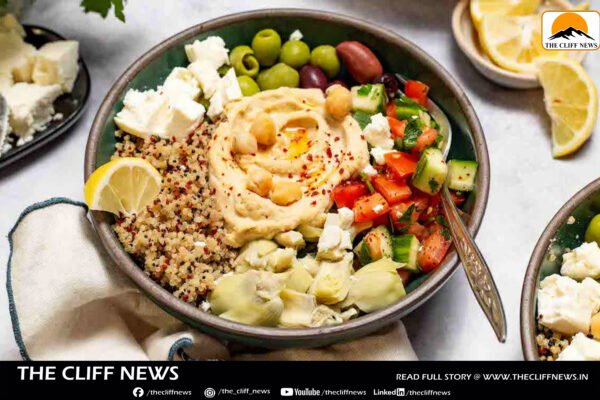Fatty Liver: Harvard-Trained Doctor Busts 3 Common Myths
New Delhi: Fatty liver disease has become a growing global health problem, often surrounded by myths that can lead to confusion and dangerous neglect. To clear the air, Dr. Saurabh Sethi, a Harvard- and Stanford-trained gastroenterologist, recently shared a series of posts on Instagram debunking three major misconceptions. Myth 1: Fatty liver is caused by eating fat ❌ False – It’s not fat intake alone that causes fatty liver.✅ Truth – The main culprits are excess processed sugars (especially fructose) and unhealthy oils.Healthy fats from sources like olive oil, avocados, nuts, and fatty fish are actually beneficial for liver health. Myth 2: Fatty liver is harmless ❌ False – Many think fatty liver is not dangerous.✅ Truth – Once fat exceeds 5% of liver weight, it can cause inflammation, scarring, and even liver failure. Myth 3: Supplements are the main treatment ❌ False – Supplements alone cannot reverse fatty liver.✅ Truth – Diet and exercise remain the most effective treatments. How to Prevent Fatty Liver Disease 🔎 Bottom line: Fatty liver disease is not harmless, not caused simply by eating fat, and cannot be cured by supplements alone. A balanced diet, exercise, and weight control are the true protectors of liver health.










